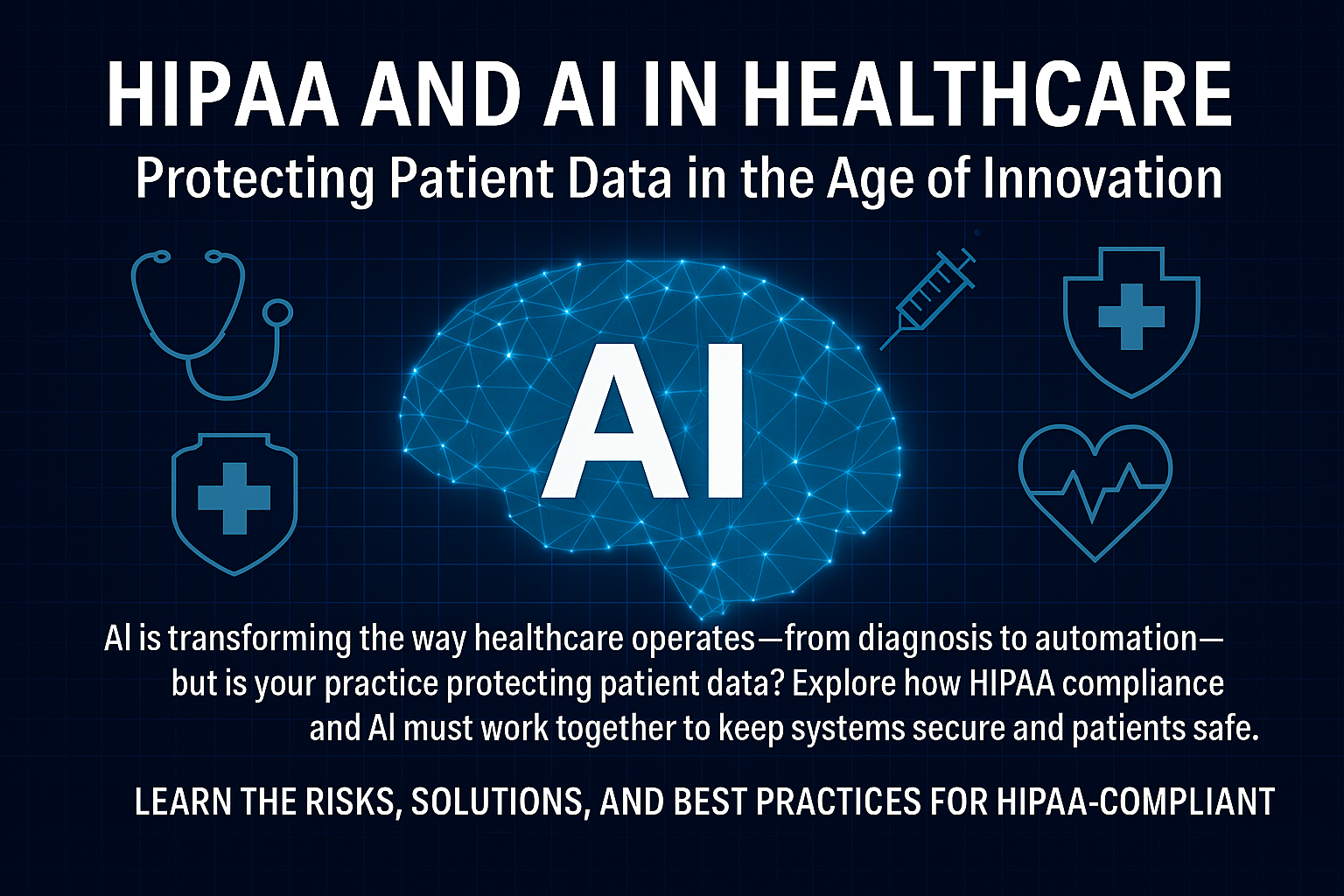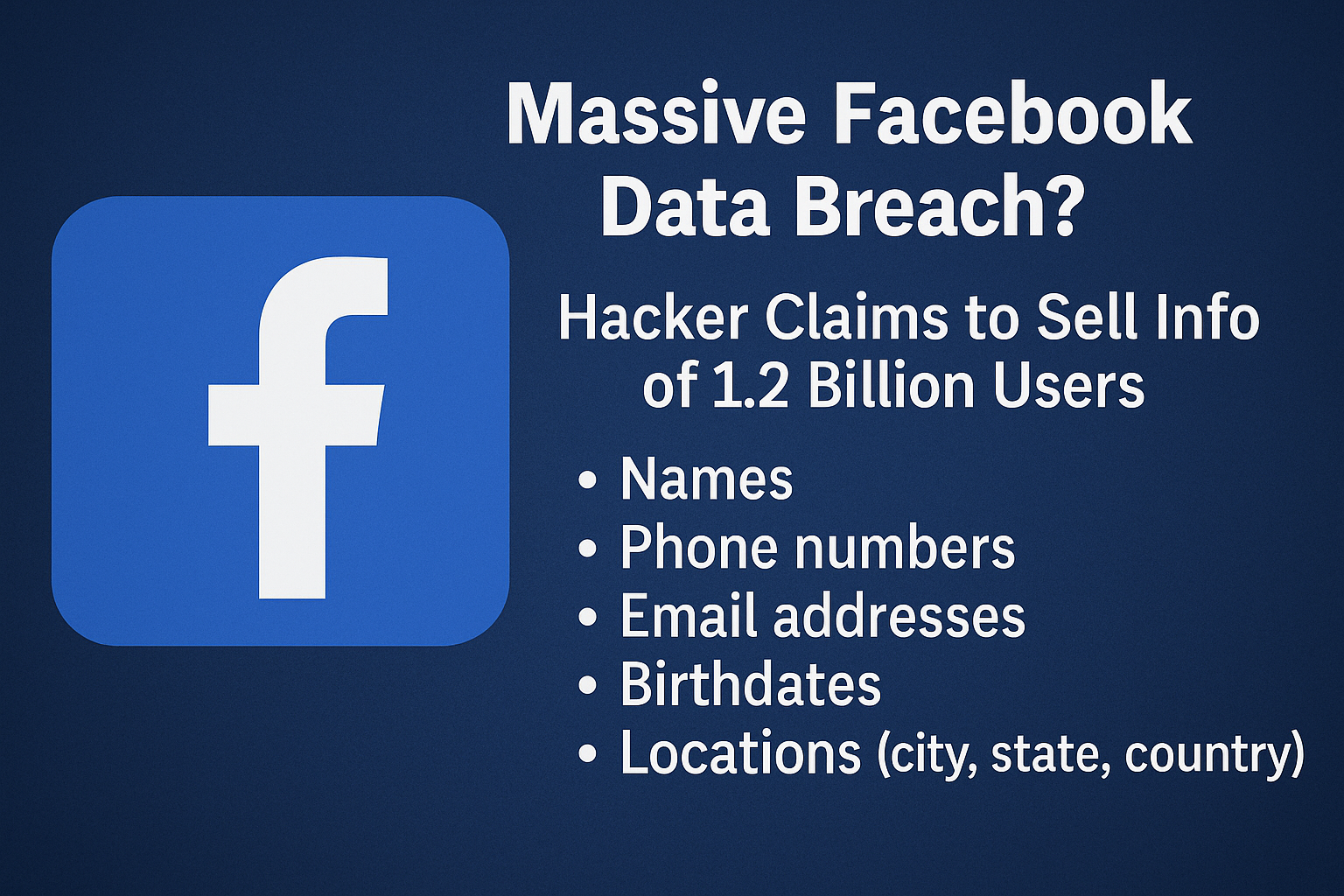HIPAA and AI in Healthcare: Ensuring Privacy in the Age of Innovation
HIPAA and AI in healthcare is a topic gaining significant attention as artificial intelligence reshapes the medical industry. From early diagnostics to streamlined administration, AI offers life-saving innovations. However, the use of sensitive patient data raises critical concerns about HIPAA compliance and data privacy.
In this blog, we’ll explore how healthcare providers can use AI effectively while staying compliant with HIPAA, protecting patient information, and building trust.
What is HIPAA?
The Health Insurance Portability and Accountability Act (HIPAA) is a U.S. law that sets standards for protecting protected health information (PHI). It applies to healthcare providers, insurers, and their business associates, requiring them to secure patient data both physically and digitally.
HIPAA enforces strict guidelines on how PHI is stored, transmitted, and accessed. Violating these regulations can result in costly penalties and a loss of patient trust.
How AI is Transforming Healthcare
Artificial intelligence in healthcare is being used across various areas, offering powerful tools for both clinical and operational tasks. Key applications include:
- Medical Imaging: AI can quickly analyze X-rays, CT scans, and MRIs, improving diagnostic accuracy and reducing turnaround time.
- Predictive Analytics: Hospitals use AI algorithms to forecast patient readmissions, monitor chronic diseases, and personalize treatment plans.
- Virtual Assistants: AI chatbots and voice assistants help manage appointments, check symptoms, and provide 24/7 patient support.
- Administrative Tasks: AI automates documentation, billing, and insurance coding, reducing human error and saving time.
Clearly, AI in medical technology has revolutionized patient care and efficiency. However, these benefits must be balanced with a strong commitment to privacy and healthcare cybersecurity.
The HIPAA and AI Compliance Challenge
AI’s use in healthcare introduces several risks that can compromise HIPAA compliance if not managed properly:
1. Sensitive Data Usage
AI models require large datasets to train effectively. If these datasets contain PHI, they must be either de-identified or used with proper patient consent.
2. Security Risks
AI platforms must include robust security features like encryption, multi-factor authentication, and audit logs to prevent data breaches.
3. Re-identification of De-identified Data
Even anonymized data can sometimes be re-identified by advanced AI algorithms. This risk underscores the need for strong controls and continuous monitoring.
4. Third-Party Vendor Management
Healthcare organizations often partner with AI vendors. To remain compliant, they must sign Business Associate Agreements (BAAs) and ensure vendors follow HIPAA rules.
Best Practices: Using AI While Staying HIPAA-Compliant
To stay ahead of both technology and regulations, healthcare providers should adopt the following HIPAA-compliant AI strategies:
- Use De-identified Data When Possible: Limit risk by removing all patient identifiers from datasets used to train AI models.
- Choose HIPAA-Compliant Vendors: Work only with technology partners who offer secure, compliant solutions and sign BAAs.
- Strengthen Data Security: Employ end-to-end encryption, real-time monitoring, and regular vulnerability assessments.
- Be Transparent with Patients: Clearly explain how AI is used in their care and what safeguards are in place to protect their information.
- Regularly Audit Systems: Conduct routine HIPAA risk assessments to identify and fix any compliance gaps in your AI infrastructure.
Why HIPAA Compliance Matters in AI Development
Combining AI and patient data offers exciting opportunities—but only if done responsibly. A single violation of HIPAA can result in hefty fines, lawsuits, and reputational damage. More importantly, losing control of PHI can deeply impact patients’ trust in your care.
By focusing on data privacy, security best practices, and clear policies, healthcare organizations can confidently adopt AI while respecting every patient’s right to privacy.
Final Thoughts
The future of healthcare is undoubtedly digital. With AI, doctors can deliver faster diagnoses, reduce burnout, and personalize treatments. However, innovation must go hand in hand with privacy.
By aligning AI initiatives with HIPAA standards, the healthcare industry can unlock AI’s full potential—safely and ethically.
Need Help Ensuring HIPAA Compliance?
If your healthcare business is adopting AI or already using AI-powered tools, it’s crucial to protect your patients and your practice. Reach out to our team for a HIPAA compliance consultation and AI strategy review.




Comments are closed